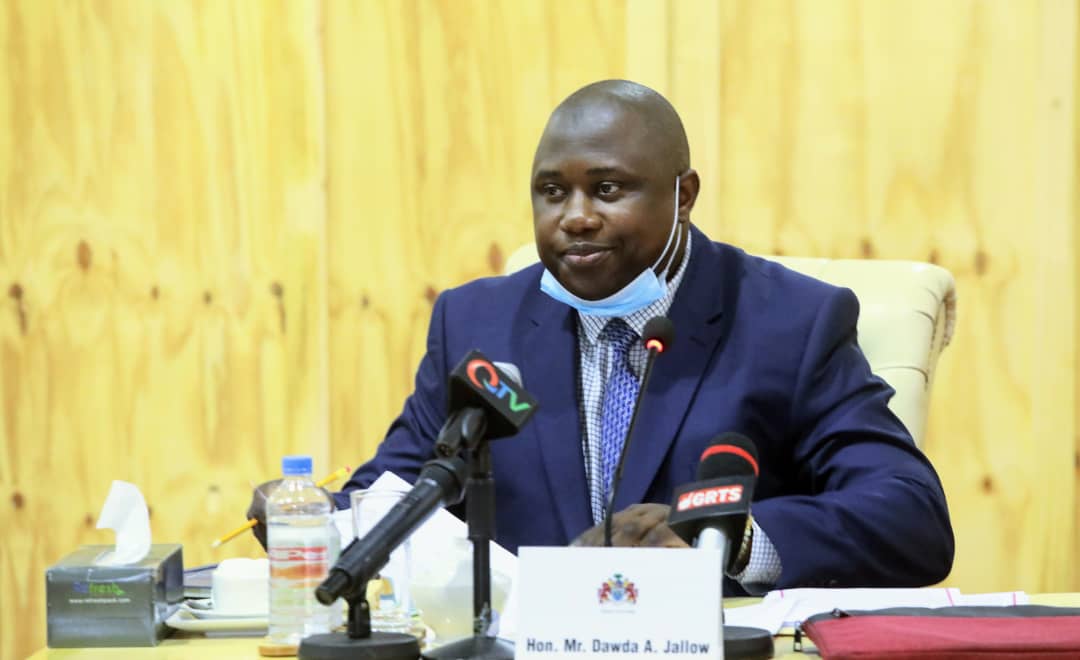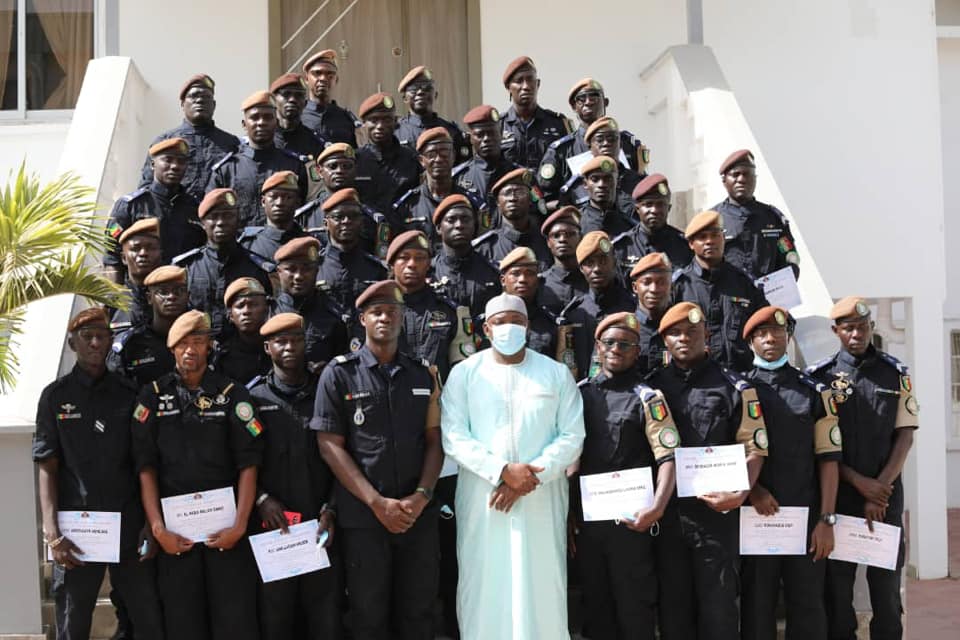Minister of justice Dawda Jallow, has said the Myanmar-Rohingya case at the International Court of Justice (ICJ) represents the voice of the ‘Islamic Ummah’, and called for more Organisation of Islamic Cooperation (OIC) support.
He made the remarks while updating the 47th Session of the Council of Foreign Ministers of the OIC in Niamey, Niger, details of which were made available on Sunday.
Reporting on the state of the human rights case filed at the International Court of Justice in The Hague against Myanmar for acts of genocide perpetrated against the Rohingya Muslims in Myanmar, Mr. Jallow reminded the meeting that the case was launched to awaken the conscience of the world’ in support of the rights of the Rohingya.
“The case represents the OIC’s strong commitment to the Islamic teaching of brotherhood, justice, and accountability for human rights violations,” he said, stressing that the move was among the noblest initiatives ever of the Islamic organization.
While outlining the successes registered so far in the case with the support of a US-based international advocacy firm, the minister appealed to member states to ‘urgently double up’ on financial contributions to the legal fees of the case.
The Gambia also made a robust case for a coordinated effort among member states in support of the case at the ICJ, arguing strongly that ‘’any support for the case should be communicated and coordinated with The Gambia’’ in its capacity as the Applicant and Chair of the OIC Ad-Hoc Ministerial committee on Accountability for Human Rights violations for the Rohingyas.
He cautioned that uncoordinated actions may undermine the carefully planned and executed case management strategy that is required for a successful outcome.
Since the ICJ unanimously granted the request for provisional measures against Myanmar in January 2020, the minister reported that The Gambia’s legal team has since 23 October, 2020, filed its case Memorial with the ICJ after an intensive fact-gathering operation to obtain and process as much evidence of the genocide as possible.
That included two lawsuits against Twitter and Facebook in the United States for the revelation of the contents of online accounts controlled by members of the Rohingya Military.





